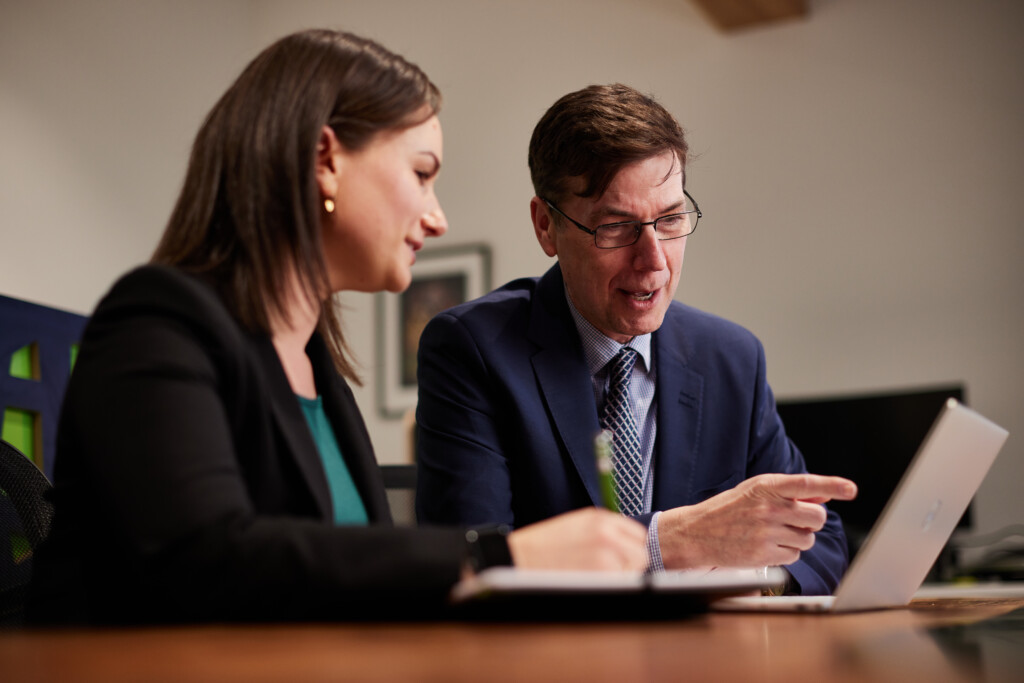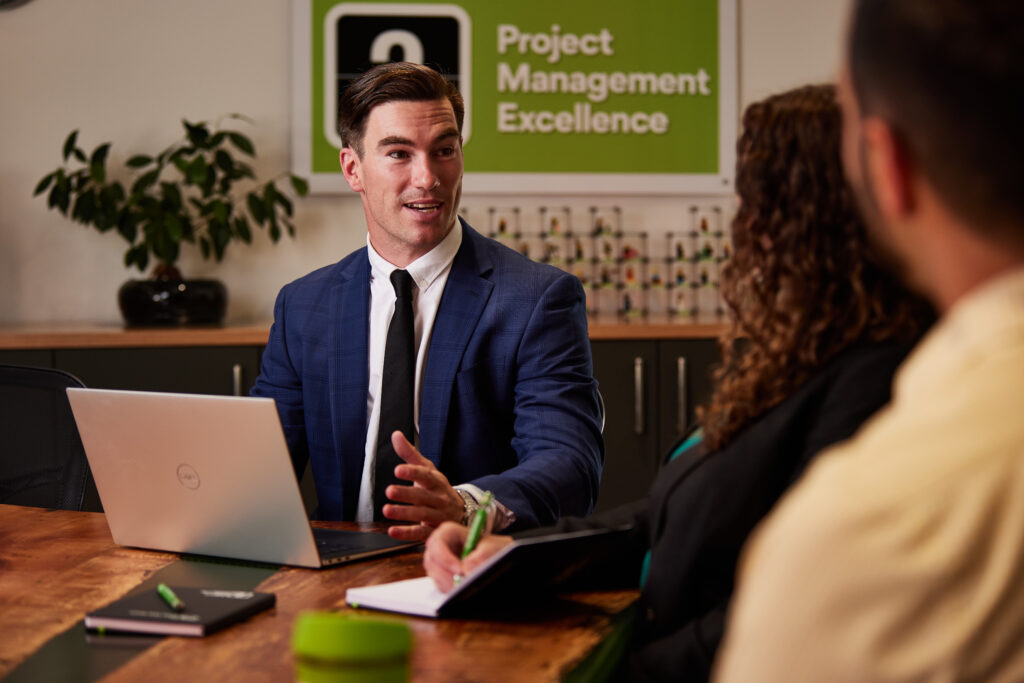Top ten tips on getting the most value out of your consultant.
CEO, Jason Gorman, outlines how to get the most out of your consultant with these top 10 tips.
Not all consultants are out to steal your silverware. Most of us want to produce something of value! So how can you get the most out of your consultant?
There’s a real joy in knowing that you’ve made a difference to a customer; that they took your advice or are still using your strategy.
Nothing excites a consultant more than a customer who has a good appreciation of the complexity of the problem and a realistic timeline and budget. We look forward to celebrating your success with you. So, how can you get the most out of your consultant? We’ve outlined some helpful tips below.
1. Start with the end in mind:
What does success look like to you? What will the end product be? Will it be a PowerPoint or a Word document? How many pages are you expecting? When we’re celebrating with you over a glass of bubbly, what will we be celebrating and when will we know it’s time to pop the cork?
It’s important that both you and your consultant start the engagement with a clear end in mind… no one wants to be arguing over what has been delivered at the end of the engagement and combing through contracts.
2. Share challenges, skeletons, and elephants:

Rather than trying to hide the challenges facing your organisation, equip your consultant with the good and the bad and any situation or information that may be relevant.
Knowing about the skeletons in the closet and the elephants in the room will help your consultant better understand the landscape they are working in, which will be key to their success.
3. Discuss reporting expectations:
Be sure to clarify any reporting expectations that you may have at the beginning of the engagement. Are you expecting reports? If so, how frequent? It’s best to ensure everyone’s on the same page, be that weekly or monthly, depending on which cadence makes the most sense for your project or consulting relationship.
4. Consider the importance of cultural fit:
If you’re planning something bigger than having a wall painted, it may be worth considering if the consultant will fit the culture of your organisation. Can you see yourself working well with this person? Are they listening and understanding your needs? Will you be able to have a difficult conversation with them if need be?
Many of our team members are often based on customer sites for extended periods of time. At 2PM, where possible, we try and match the person / team with the customer.
5. Be open to new ideas:
If you’re bringing in a consultant, chances are they have expertise that you simply don’t have, or don’t have available right now. They also potentially bring a fresh and valuable external perspective. Let them do the job you’re paying them for – be open to new ideas and being challenged (and be prepared to deal with things that you may not want to hear).
6. Knowledge transfer – added value:
Consultants have the benefit of seeing what works well in a variety of organisations. Like bees, they collect learnings and good practices from all the organisations they come across. They know what works well and what doesn’t (for organisations like yours).

The best consultants will not only deliver something useful for you but will leave your organisation in a better state because of it. See if there are opportunities to learn / transfer knowledge or upskill your team through the process. Often, they’re happy to share these learnings!
7. Be ready:
Set your consultant up for success by literally setting them up. Believe me, your consultant wants to hit the ground running, not sit around for days waiting for access to systems and / or their equipment. Making sure you have an internal process in place for setting up a new consultant will minimise delays and frustrations (on both ends) and ensure you get the most out of your consultant’s time and expertise.
8. Ask our advice on pricing and timelines:
This isn’t our first rodeo. We’ve probably completed several similar engagements in the past, so we often have a good appreciation for the effort, cost, timeline, and the best approach to guarantee your project’s success.
So next time you’re unsure of how much a piece of work will cost or how long it will take, ask a consultant; many will be happy to provide you with advice or a ballpark estimate.
9. Provide feedback:
It’s a sad reality that sometimes we will let you down or not meet your expectations; however, a good consultant always wants to learn from their mistakes. What can we do better next time? How can we serve you better? Providing meaningful and constructive feedback will give your consultant an opportunity to meet your expectations in the long run.
10. Say thank you:
Consultants are people too and a simple ‘thank-you’ email can be both rewarding and motivating! We’re in this role because we want to work hard for our customers and a little acknowledgment will help us to know we’re on the right track. It will also help ensure that you are well regarded and a customer of choice.

At the end of the day, a good consultant is there to do the best possible job for you and your business. A great consultant, cares about you and your organisation, integrates with your team and actively seeks value adds and opportunities to enhance your business. If you would like to talk to a great consultant, let’s have coffee!

